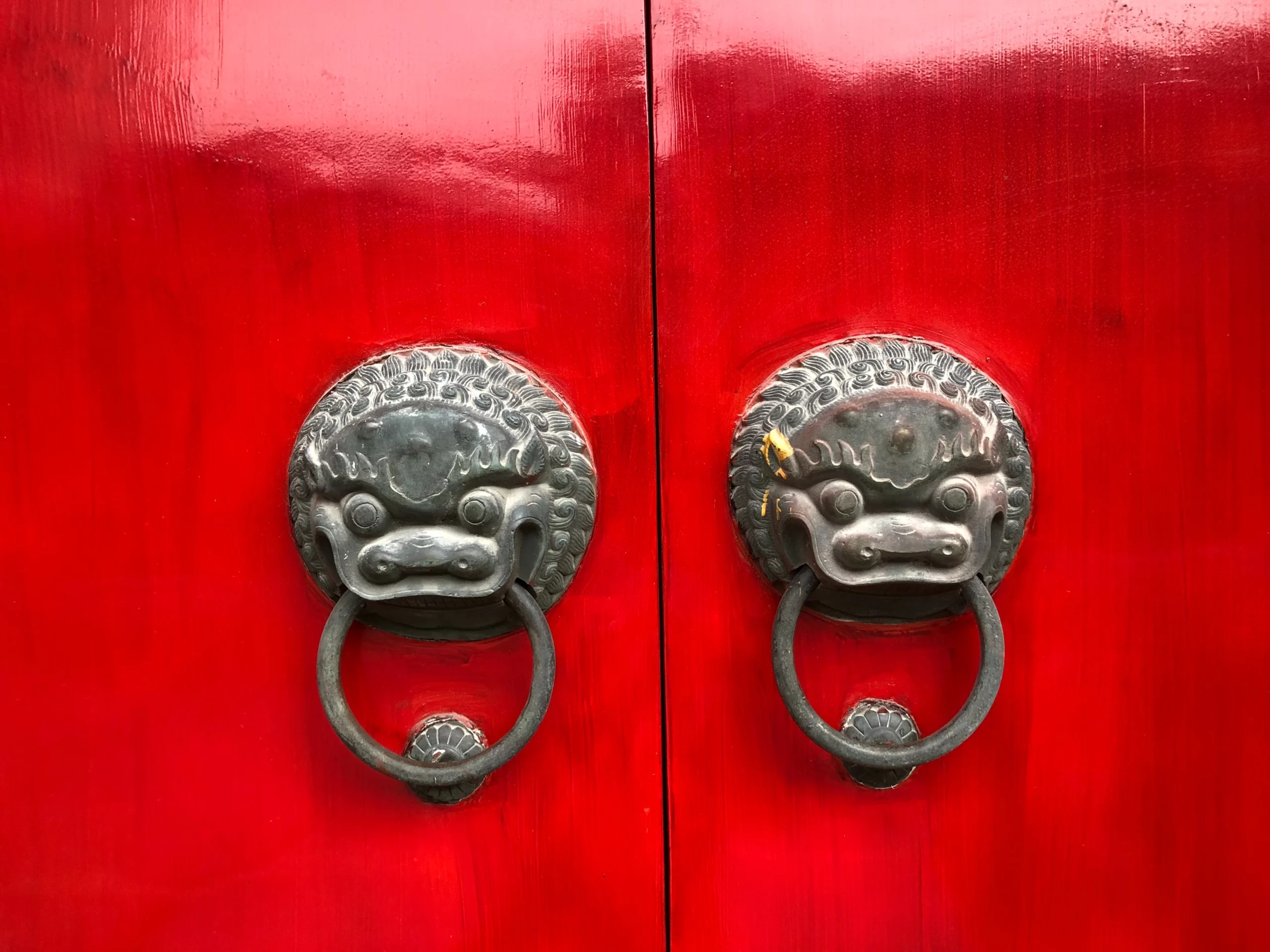
China’s Quest for Food Security: Balancing Import Dependency and Domestic Production
Unveiling China’s Food Security Challenges and Strategies: Import Dependency vs. Domestic Production.

The supposed alliance between China and Russia has been a topic of intense speculation and concern, particularly for the United States. The fear of Chinese military aid reaching Russia, coupled with the idea of Chinese weapons on the Ukrainian battlefield, has created a sense of alarm among many Americans. However, a closer examination reveals that these concerns may be largely unfounded. In this article, we will explore the reasons why China is unlikely to provide significant aid to Russia and why the notion of a Chinese-Russian alliance against the United States is far from catastrophic.
China’s restrained response to the war in Ukraine becomes a crucial starting point for understanding its stance. Despite having entered into a treaty with Russia just before the conflict erupted, China notably abstained from a U.N. vote to condemn Russia. This abstention suggests that China viewed the war as something to avoid, not actively participate in. The alliance between China and Russia was more of a long-term commitment than a collective defense pact, rendering it little more than a diplomatic bluff.
China’s economy, heavily reliant on exports and foreign investment, continues to face significant challenges. The threat of American sanctions alone would be a deterrent for China, and involvement in Ukraine could potentially incur sanctions from Europe as well. European nations have invested considerable efforts in containing Russia in Ukraine and maintaining strong relations with the United States. They have little to gain from a Russian victory and much to lose. The economic consequences of American and European sanctions would be too high a price for China to pay.
Assuming China were undeterred by economic sanctions, the potential military response from the United States becomes a critical factor. China’s export-oriented economy relies on access to open trade routes, particularly through its eastern ports. If these trade routes were disrupted by another state, it would have catastrophic implications for Beijing. While China could retaliate, such a response would likely not paralyze the well-equipped U.S. war machine. Furthermore, engaging in a naval battle would cripple Chinese trade, even if Beijing were to emerge as the victor. As a result, China must prioritize keeping its trade routes open and seek alternative means to save face.
The geographical distance between China’s industrial base and the Ukrainian battlefield presents a significant practical challenge. For Russia to benefit from Chinese high-tech communication, battlefield management equipment, and relatively lightweight weapons, they would require trained technicians and integration into Russian systems. Transporting substantial amounts of equipment and personnel would necessitate air or rail transportation, along with the need to protect vulnerable supply lines. The logistical complexities and resource demands associated with such an operation are far more extensive than commonly assumed.
In conclusion, contrary to the prevailing fears, it appears highly unlikely that China will provide significant aid to Russia in the context of the war in Ukraine. China’s struggling economy, concerns about sanctions, the potential military risks, and practical limitations all contribute to the improbability of China’s involvement. While it is possible that China may send small quantities of inconsequential equipment, it would be far from a prelude to World War III. Understanding these factors helps dispel the notion of a formidable Chinese-Russian alliance against the United States and provides a more balanced perspective on the situation.

Unveiling China’s Food Security Challenges and Strategies: Import Dependency vs. Domestic Production.

Asia’s rise and integration into globalization have been driven by various factors, including its active participation in global trade and investment, the role of the state in economic life, and a rapidly changing productive system.

Delving into history, culture, and geopolitics, this article unravels the intricate relationship between Russia and Europe, addressing the perennial question, “Is Russia a Country in Europe?